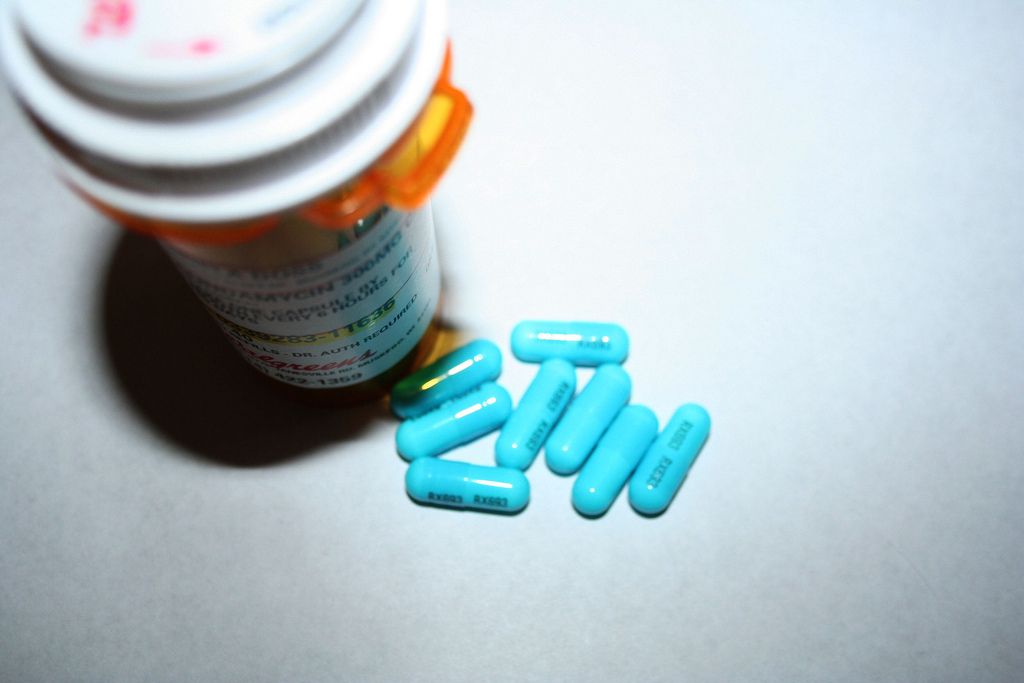Aviva Investors is urging pharmaceutical companies to consider the threat to business models posed by antibiotic resistance.
The Insurer-owned asset manager has been meeting with drug manufacturers, amid repeated concerns from England’s chief medical officer Dame Sally Davies that some diseases may become untreatable as resistance to antibiotics becomes more widespread globally.
Last month, the Access to Medicine Foundation published a damning report which suggested that pharmaceutical companies are reluctant to research new antibiotics because there are low financial incentives to do so, compared to medicines treating other illnesses, such as cancer.
The report also noted the consequences of the such a drug shortage, including a case study of a syphilis outbreak in Brazil in 2015 which resulted in the severe malformation of babies.
In January, the AMF launched the Antimicrobial Resistance Benchmark, an industry kitemark that ranks the 30 most active pharmaceutical companies on antimicrobial development and production, including multinational pharmaceutical groups, biotechnology firms and manufacturers of generic medicines.
Aviva Investors’ head of Responsible Investment Engagement, Abigail Herron, explained that major European drugs companies are now happy to explore future ways to solve the antibiotic issue in a way that will also generate sustainable, long-term returns for investors.
In an interview with ESGClarity, she said: “I am meeting with GSK next week on this. With GSK, they get where I am coming from. It takes one or two lines to leapfrog right into the good stuff. You get a high calibre conversation there.
“The European pharmaceutical companies really get the implications of antibiotic resistance, but it can be a bit less satisfying in the emerging markets.”
In the hope of educating those companies that are not yet engaging, the company has released a white paper which highlights some of the methods that pharma groups have adopted to improve the global antibiotic crisis.
It notes best practice at GSK which is one of two companies to exclude antibiotic sales from the targets of its salesforce, which removes the incentive for sales staff to push antibiotics. Johnson & Johnson, meanwhile has refocused its attention on tuberculosis and access to a medicine for multidrug-resistant TB.
Further discussion of the role of investors in influencing pharma companies’ approach to antibiotics development and management is anticipated at the World Anti-Microbial Resistance Congress in October, where big pharma and fund firms will meet.
Aviva’s Herron hopes that, ultimately, it will be investors and not asset managers who are steering the agenda.
She says: “The magic really happens when the man on the street makes a connection between their pension fund and what is happening in the news.”
With antibiotic resistance likely to remain in the headlines for some months to come, she may well get her wish sooner rather than later.








